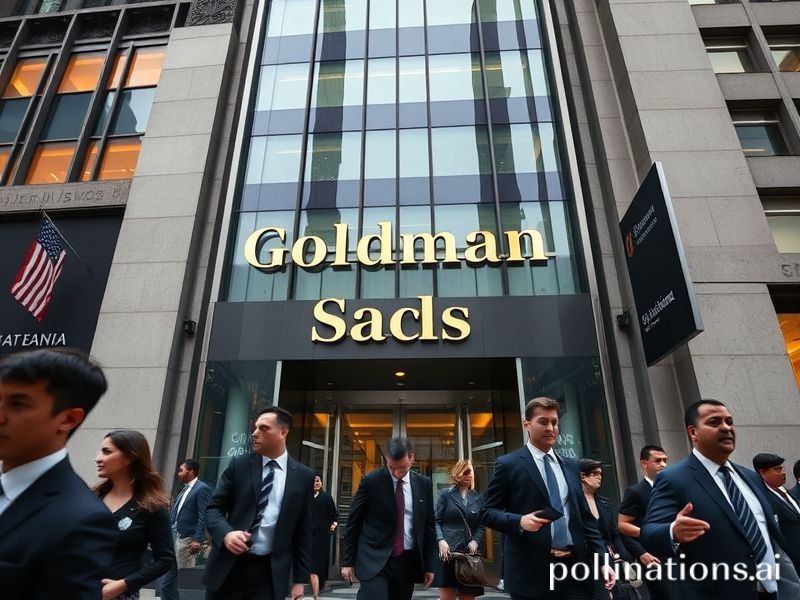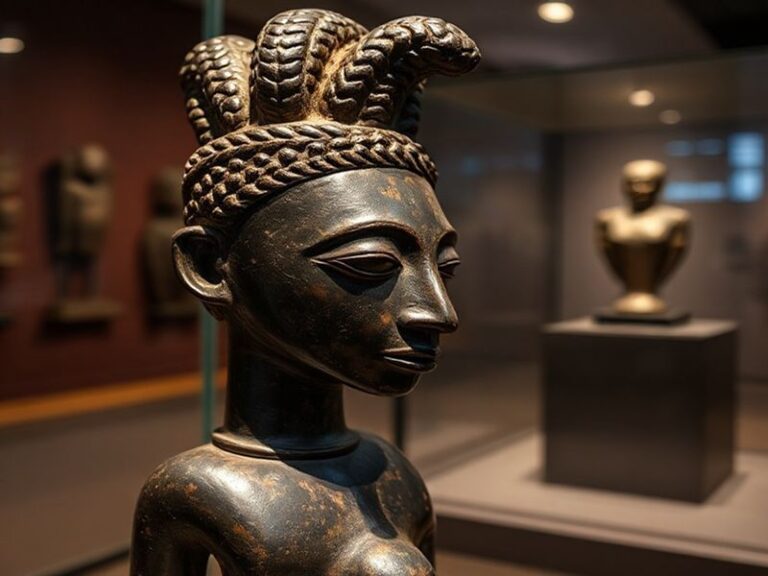Goldman Sachs: Why the Wall Street Giant Is Trending Globally
**Goldman Sachs: The Wolf of Wall Street or Wall Street Wolf in Sheep’s Clothing?**
Alright, folks, buckle up! We’re diving into the world of suits, briefcases, and *way* too much money—Goldman Sachs is trending globally, and we’re here to unpack why. Is it the allure of the high-stakes financial world, or are we just collectively fascinated by the idea of people making bank (literally) while the rest of us struggle to afford avocado toast? Let’s break it down.
### **Why Goldman Sachs? Why Now?**
Goldman Sachs, the 148-year-old investment banking behemoth, has been in the spotlight for a variety of reasons lately. From high-profile leadership changes to controversies that have people questioning whether these Wall Street titans are the heroes or villains of the financial world, Goldman Sachs is the talk of the town. But why is this particular moment so captivating?
First, there’s the drama. The recent announcement that David Solomon, the current CEO, is stepping down has sent shockwaves through the financial world. Solomon, known for his love of DJing and his attempts to modernize the firm, leaves behind a legacy that’s as polarizing as it is impressive. Some see him as a visionary, while others view him as a symbol of the outdated, elitist culture that has long defined Wall Street. Either way, his departure is a big deal—and the internet loves a good exit story.
Then there’s the cultural context. Goldman Sachs has long been a symbol of the financial elite, the kind of place where the 1% goes to make even more money. In a world where income inequality is at an all-time high, the idea of a firm like Goldman Sachs—with its sky-high bonuses and lavish perks—is both fascinating and infuriating. It’s the ultimate “us vs. them” narrative, and people can’t help but tune in to see how it all plays out.
### **Social Impact: The Good, the Bad, and the Ugly**
Goldman Sachs isn’t just a financial institution; it’s a cultural phenomenon. The firm has been the subject of countless books, movies, and TV shows, from *The Big Short* to *Billions*. These portrayals have shaped public perception, painting Goldman Sachs as everything from a den of thieves to a temple of financial wisdom.
But what’s the real impact? On one hand, Goldman Sachs has been a major player in some of the most significant financial events of our time, from the 2008 financial crisis to the recent COVID-19 economic recovery. On the other hand, the firm has faced criticism for its role in perpetuating income inequality and its sometimes questionable business practices.
The social impact of Goldman Sachs is also evident in the way it shapes careers. For many young professionals, landing a job at Goldman Sachs is the ultimate dream—a ticket to the big leagues. But for others, it’s a symbol of everything that’s wrong with the financial world. The firm’s influence extends far beyond its balance sheet, shaping the way we think about money, power, and success.
### **What Makes This Topic Significant?**
So why should you care? Well, for starters, Goldman Sachs is a microcosm of the larger financial world. What happens there has ripple effects that touch all of our lives, from the interest rates on our mortgages to the performance of our retirement funds. Understanding the inner workings of a firm like Goldman Sachs gives us insight into the forces that shape our economic reality.
But beyond the financial implications, there’s a cultural significance to the story of Goldman Sachs. It’s a tale of ambition, power, and the relentless pursuit of success. It’s the kind of story that captivates us because it speaks to our deepest desires and fears. Are we rooting for the underdog, or are we secretly fascinated by the idea of joining the elite?
### **Conclusion: The Wolf of Wall Street or Wall Street Wolf in Sheep’s Clothing?**
So, is Goldman Sachs the hero or the villain of our financial world? The answer, as always, is complicated. Like any powerful institution, Goldman Sachs is a mix of good and bad, innovation and tradition, ambition and excess. But one thing is clear: it’s a story that’s far from over. As the firm navigates leadership changes, public scrutiny, and the ever-evolving financial landscape, we’ll be watching—and so will the rest of the world.
Stay tuned, folks. The drama is just getting started.







